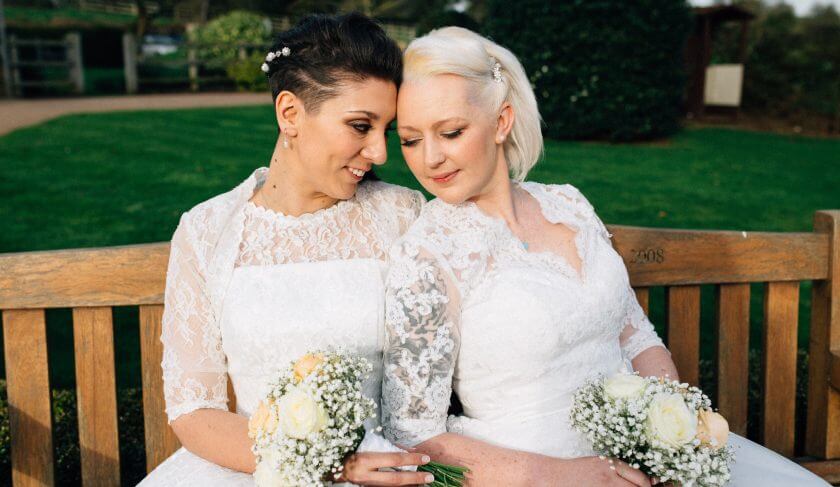
So, you found your person, you had tons of important money conversations before you got married, and now you’re hitched. You deserve a big congratulations — some of the toughest financial talks are already out of the way — but it’s also key to keep those conversations going.
Even though your household may have more money coming in now than ever before, that doesn’t necessarily equate to fewer money woes or stresses. In fact, the opposite may be true. These days, 86% of newlyweds have debt (which can be a major stressor) according to a recent SoFi and Zola Survey, and 21% of couples who end up getting divorced, cite money as the main cause, according to data from Magnify Money.
But there’s good news: two heads really can be better than one when it comes to figuring out the best financial moves to make for your combined lives. Check out these three easy-to-implement strategies that can help keep you in bliss — marital and financial.
Money Dates
Light some candles, break out a bottle of wine and pull out your bank statements. Okay, maybe that’s overkill. But long-marrieds will attest that it is just as important to keep the romance alive as it is to have financial discussions. Making time to break down your finances with your spouse can save you both endless trouble and heartache, says Brian Walsh, certified financial planner at SoFi. He suggests that couples should have at least one “money date” per month. During these interludes, couples should discuss their financial concerns and successes, and take a step back and make sure they’re really listening to one another. “It’s important to understand how your partner sees money and what they value,” Walsh says. “You have to try to understand their money personality, and how it relates to, or may be compatible with yours.”
If you or your spouse don’t particularly enjoy talking about money (it’s a thing— 61% of women would rather talk about their own death than money) then even though you may be reluctant to try money dates, they may be particularly helpful for you. They create a designated time and space for couples to focus on money. And note: When we say “date” we mean it. Make it a point to relax with your partner and eat a delicious meal (even if you’re just hanging out on the couch). It’ll put you both at ease and kill any money anxiety that may be lingering.
Keep Separate Accounts
Having a joint bank account for sharing things like bills, vacations or children’s expenses can help eliminate a potential financial tug of war, and avoid a “I paid for this, so you pay for that” vibe in the relationship, says Marlow Felton, personal finance expert and author of Couples Money: What Every Couple Should Know about Money and Relationships. After all, who really wants to spend time (and possibly fees) Venmo’ing their spouse?
With that said, it’s a good idea to maintain separate spending, credit and investment accounts that your spouse knows about, but doesn’t have access to. Not only will your own account allow you to truly surprise your spouse with a secret birthday gift and help prevent side-eye when you walk through the door with a new pair of shoes, it can also be a smart financial move overall. Having a level of financial autonomy and independence is often what it takes to keep us from stepping back and letting someone else do the work. When you know you’re responsible for managing your own checking account, IRA and credit score, you’re more likely to do it.
Set Goals
Being on the same page with your spouse about day-to-day finances is great, but it’s even better when you can share the same bigger visions for your future financial life together. On your money dates — or whenever you’re looking out at some inspiring horizon together — talk to your partner about where they see themselves financially in 10, 20, 30 years. What do they want to accomplish? Where do they want to retire? Having these conversations frequently, and early on in your relationship can make it so much easier to plan together, and work towards your common goals. Encourage your partner to think big and give you their “in a perfect world” plan. You may be surprised by what you learn, and how exciting it can be to chart the course together.
We’re all in this together. Join the HerMoney Facebook group to talk money and more in a judgment-free zone.







